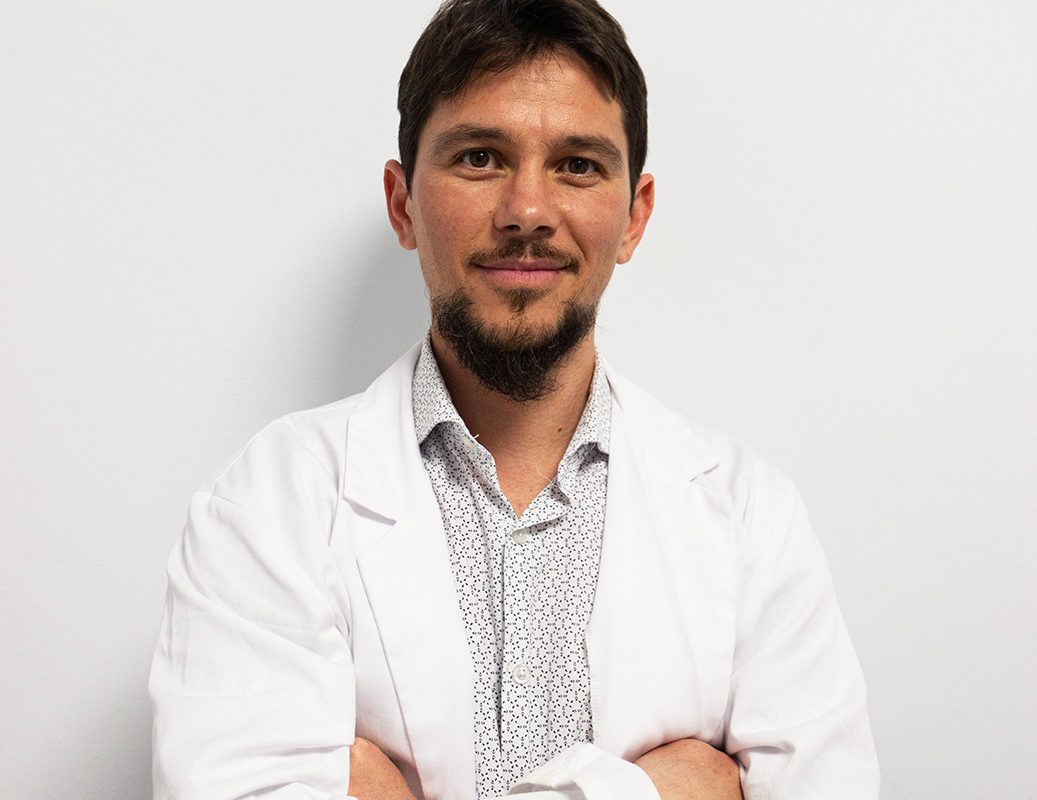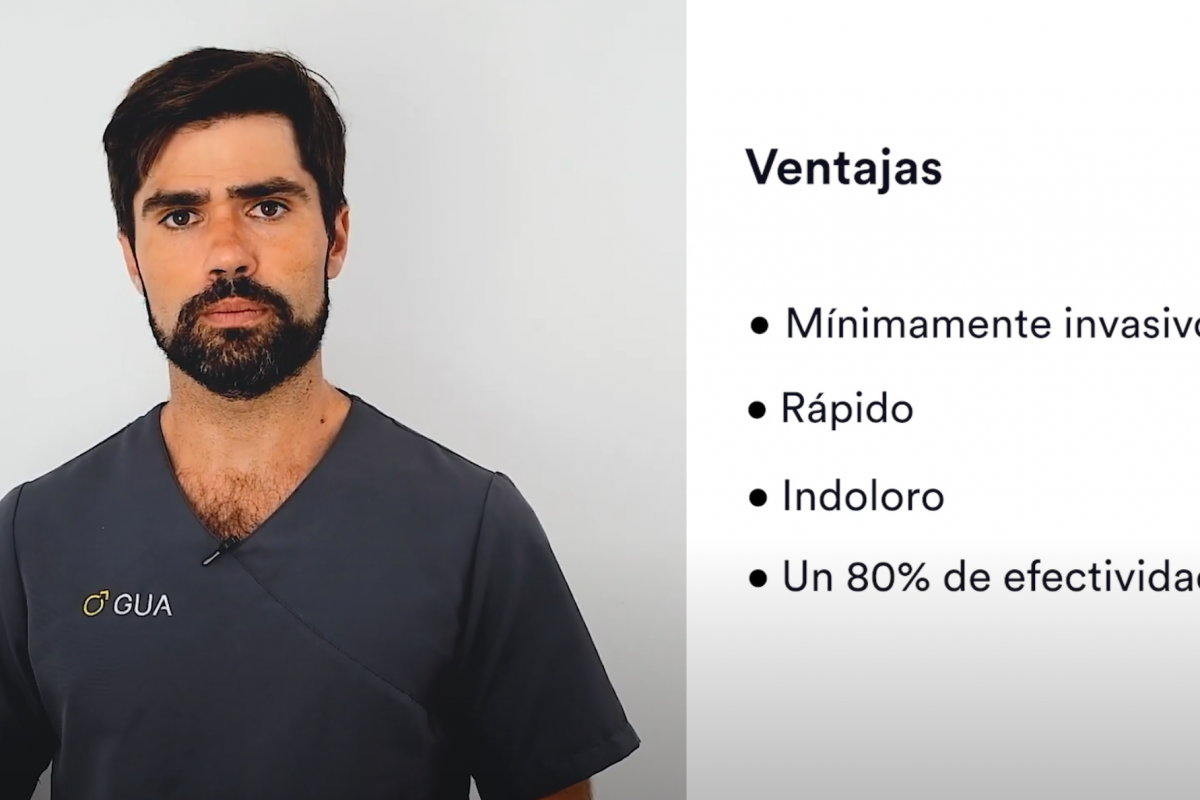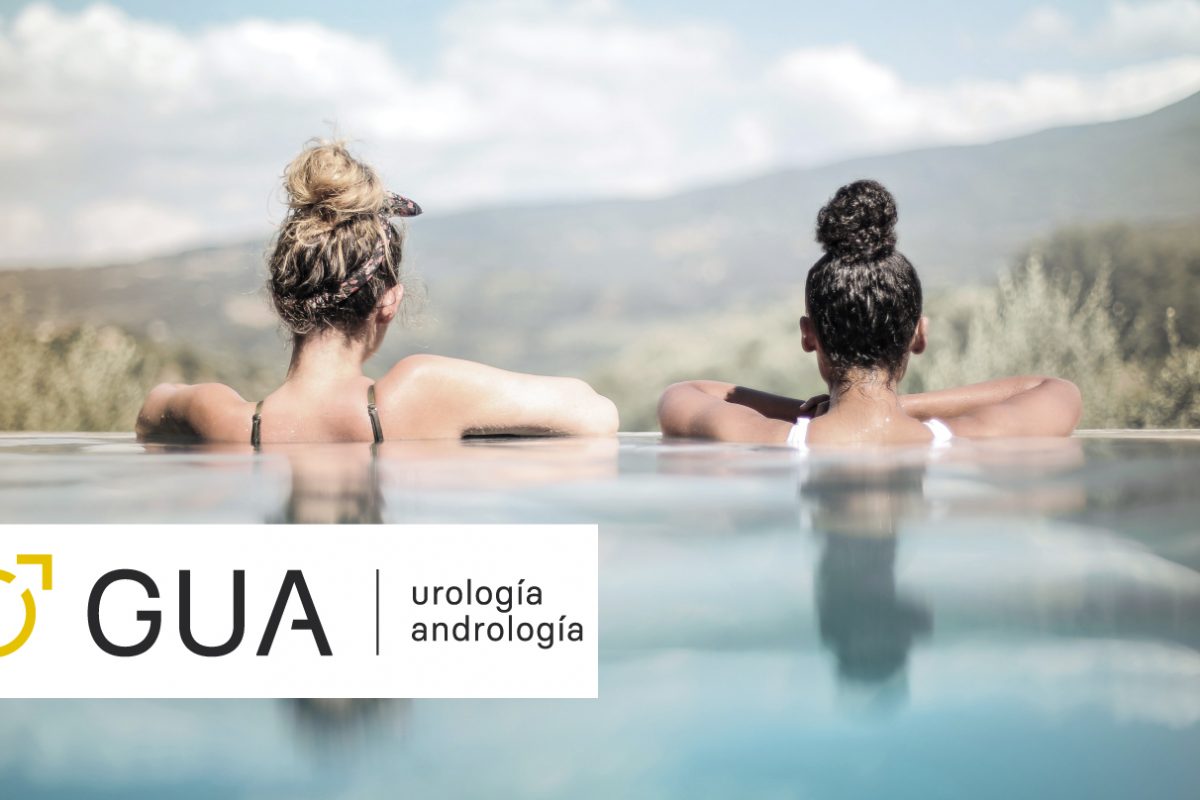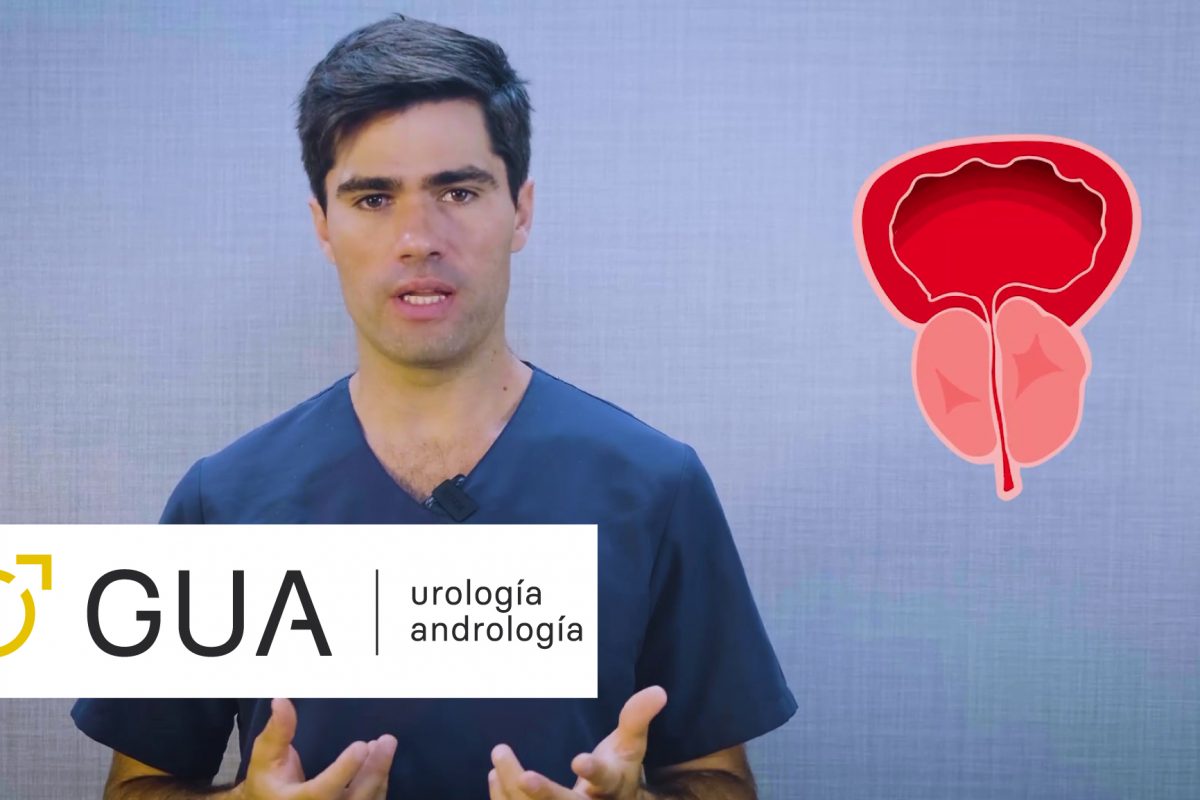Integrative medicine is the result of the union of the technical visions of contemporary and scientific medicine as well as the philosophical visions of naturopathic medicine. This type of medicine attributes the power of healing to the person who comes in response to their ailments, always in consideration of the particular and general context in which the individual is at the time of consultation.
In our center, we have Dr. Diego Puebla, a specialist in integrative medicine. We take this opportunity to ask him the following questions:
What is integrative medicine?
Integrative medicine is an approach to health and wellness that combines conventional medicine with complementary and alternative therapies and practices, with the goal of treating the patient holistically, that is, considering not only their medical condition, but also their emotions, lifestyle and environment. This approach is based on the premise that each person is unique and has different needs and approaches to treating their health. Integrative medicine seeks to find the most effective and personalized treatment for each patient, using a variety of therapies, such as traditional medicine, acupuncture, chiropractic, meditation, nutrition, phytotherapy, massage therapy, among others.
In addition, integrative medicine promotes disease prevention and the maintenance of good health through lifestyle changes such as healthy diet, regular physical activity, stress management and the promotion of positive social relationships.
What are the benefits for patients prescribed integrative treatment?
Patients who receive integrative treatments report significant improvement in their long-term health and well-being. This is due in part to the fact that integrative medicine addresses problems on a deeper level, not only physically, but also mentally and emotionally. In addition, natural treatments are generally less invasive so patients experience fewer side effects.
Doctor, tell us about yourself, what is your background in integrative medicine?
I have a degree in Medicine, specializing in Natural Medicine, Phytotherapy, and Herbal Nutrition. I am a naturopathic doctor and have dedicated my career to accompanying people on their path to holistic health.
I was born in the Argentinean Patagonia, I had a childhood in contact with nature and sports. After a short time studying biochemistry, I discovered my true passion in medicine. However, after completing my medical internship, I realized that the hospital environment was not what I was looking for to develop as a professional. It was then that I approached naturopathy and holistic medicine, convinced that people deserve care that takes into account all aspects of being.
When did you start practicing as an integrative physician?
I opened my own practice more than ten years ago, I have treated people with different illnesses and ages. My holistic approach, time dedicated to my patients and closeness have obtained excellent results. In addition, I have shared my experiences and knowledge in workshops, conferences and congresses, and I have participated as a professor in the Master of Intestinal Health and Microbiota of the IEN School in Madrid.
My passion for learning has led me to pursue a master's degree in Psychoneuroimmunoendocrinology in Barcelona and a postgraduate degree in Plant-Based Nutrition at the National University of La Plata, Buenos Aires.
What is the importance of integrative medicine?
Integrative medicine considers the relationship between the patient and the physician as an important element in the healing process. Therefore, the focus is on the patient as an active and collaborative individual in his or her own healing process. In summary, integrative medicine is a holistic treatment approach that focuses on treating the patient as a whole, considering the patient's physical, emotional and social well-being. This approach seeks to find the most effective and personalized treatment for each patient, using a variety of complementary and alternative therapies and treatments.
If you want to learn more about the holistic approach to medicine and health, and how Dr. Diego Puebla accompanies his patients on this path, do not hesitate to contact us to make an appointment with him:
☎️ +34 928 264 695
📲 +34 629 334 583. WhatsApp
📩 info@urologiayandrologia.com
➡️www.urologiayandrologia.com




